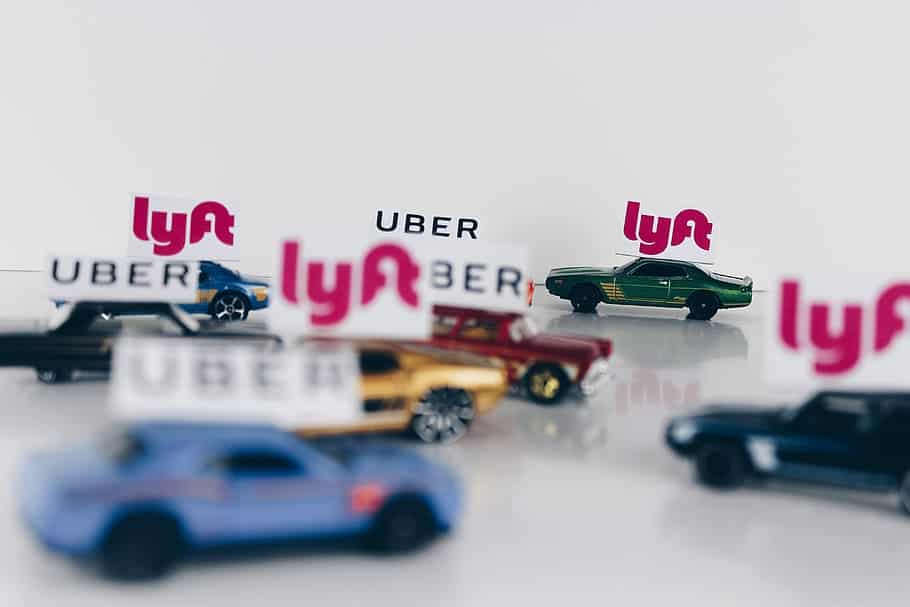
Rund Khayyat is a student at Harvard Law School.
Teachers unions have launched lawsuits across the country to secure remote learning as the pandemic rages on. Nearly all of the suit have failed, however, because courts consider the fight over school reopening to be too “political” for judicial intervention. Left to fend for themselves, teachers unions have resorted to other tactics, including mass walkouts and sick-ins, to delay in-person instruction during the pandemic.
In Iowa, teachers unions are turning to the State Supreme Court after two lower courts denied injunctions that would have blocked Republican Gov. Kim Reynolds’ reopening order. In Florida, a state appeals court overturned an injunction on Republican Gov. Ron DeSantis’ reopening plan after a lower court sided with the Florida Education Association (FEA). The appeals court disagreed with the union’s core argument that the plan violated the state constitution’s guarantee of “safe schools.” The court held that the suit raised a “political question” that should be resolved out of court. Legal battles are ongoing: the FEA, for instance, has filed for a rehearing before the entire Florida First District Court of Appeal.
Even in blue states, teachers unions have found limited success in court. In Boston, teachers lost a judicial bid for remote work, before school officials themselves halted school reopening after cases spiked. A court on Oct. 14 denied the Boston Teachers Union an injunction that would require remote schooling whenever a community’s positive-test rate exceeded 4%. The union had relied on a stipulation in an agreement between the union and local school officials. The court, however, found that the agreement gave local public health officials the discretion to still continue in-person instruction after the city reached a 4% positivity rate.
Beleaguered by losses in the courts, teachers are turning to alternative methods. Educators across several dozen Houston public schools staged a “sick-out” on Thursday to demand greater safety precautions. Similarly, Arkansas teachers opted to stage a one-day walkout aimed at highlighting poorly enforced safety measures. According to the Little Rock Education Association, the teachers who participated faced disciplinary suspensions.
In Idaho, where strikes are prohibited by law, 700 Boise-area teachers called in sick Monday and Tuesday to protest a hybrid learning model. That prompted a lawsuit from parents, represented by the Liberty Justice Center, to prevent further strikes. In response, the American Federation of Teachers stated that it would remain neutral towards mass sick-outs, and emphasized that the tactic signaled that teachers felt like they had no other choice.
In tech news, Uber and Lyft took a huge hit on Thursday after a California appeals court reaffirmed a lower-court ruling that requires them to reclassify drivers as employees. The ride-hailing giants must comply with the judicial reclassification order within 30 days of a formal court ruling, which could still take several weeks. The bombshell decision presents the gravest threat yet to the companies’ business models, and increases their pressure to pass a ballot measure on Nov. 3 that would partially exempt them from the labor law at issue. If the ballot measure fails, the ride-hailing giants have threatened to leave California altogether. The companies, along with DoorDash Inc., Postmates Inc. and Instacart Inc., have raised more than $189 million in support of Proposition 22, which would supersede any court rulings.
Meanwhile, Uber drivers filed a lawsuit on Thursday, claiming that the tech giant unlawfully pressured them to support the ballot initiative. According to the suit, which was filed in San Francisco Superior Court, Uber used a coercive campaign of misinformation to pressure drivers to advocate and vote for the passage of the ballot measure. The drivers say Uber used a “barrage” of pop-ups on the app that misrepresented driver benefits under the ballot measure, including regarding accident insurance, earnings guarantees, scheduling, and anti-discrimination protections. One such pop-up only allows drivers to select “Yes on Prop. 22″ or “OK,” to exit, which pressures drivers to accept Uber’s political stance, the complaint alleges.






Daily News & Commentary
Start your day with our roundup of the latest labor developments. See all
February 13
Sex workers in Nevada fight to become the nation’s first to unionize; industry groups push NLRB to establish a more business-friendly test for independent contractor status; and UFCW launches an anti-AI price setting in grocery store campaign.
February 12
Teamsters sue UPS over buyout program; flight attendants and pilots call for leadership change at American Airlines; and Argentina considers major labor reforms despite forceful opposition.
February 11
Hollywood begins negotiations for a new labor agreement with writers and actors; the EEOC launches an investigation into Nike’s DEI programs and potential discrimination against white workers; and Mayor Mamdani circulates a memo regarding the city’s Economic Development Corporation.
February 10
San Francisco teachers walk out; NLRB reverses course on SpaceX; NYC nurses secure tentative agreements.
February 9
FTC argues DEI is anticompetitive collusion, Supreme Court may decide scope of exception to forced arbitration, NJ pauses ABC test rule.
February 8
The Second Circuit rejects a constitutional challenge to the NLRB, pharmacy and lab technicians join a California healthcare strike, and the EEOC defends a single better-paid worker standard in Equal Pay Act suits.